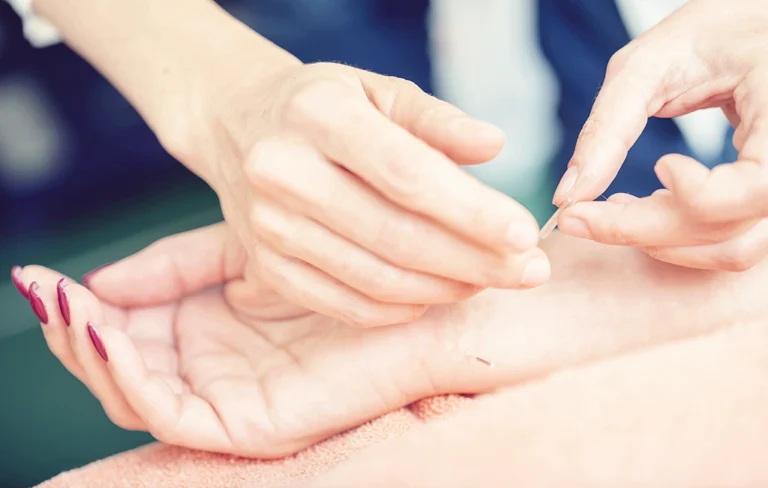Today, I’m diving into a topic that many of my clients enquire about: the effectiveness of acupuncture in treating sciatica and plantar fasciitis. As an acupuncturist with a passion for holistic healing, I’m excited to shed light on this fascinating subject.
Sciatica and plantar fasciitis are two conditions that can significantly impact daily life, causing pain, discomfort, and frustration. It’s no wonder that many individuals turn to alternative therapies, such as acupuncture, in search of relief. But does acupuncture truly live up to its reputation in alleviating these ailments? Let’s explore the evidence.
Understanding acupuncture: A holistic approach
Acupuncture, rooted in ancient Chinese medicine, operates on the principle of restoring balance to the body’s energy flow, known as qi. By inserting fine needles into specific points along the body’s meridian pathways, acupuncture aims to stimulate the body’s natural healing mechanisms, promoting pain relief and overall well-being.
The evidence: What studies say
Numerous studies have examined the efficacy of acupuncture in managing sciatica and plantar fasciitis, with promising results. For instance, a study of over 1500 patients published in 2015 revealed that acupuncture was significantly more effective than conventional medication. [1] Similarly, research from 2009 concluded acupuncture can relieve the symptoms of sciatica with the increase of pain threshold and that warming acupuncture therapy showed better therapeutic effects than non-steroidal anti-inflammatory drugs (NSAID) and anti-oxidants. [2]
In another study focused on plantar fasciitis, researchers investigated the effectiveness of acupuncture treatment targeting acupoint PC7. This study provided compelling evidence suggesting that acupuncture at this specific acupoint offers a distinct therapeutic effect for relieving heel pain associated with plantar fasciitis. Furthermore, the study highlighted the simplicity and safety of acupuncture as a treatment modality for this condition. [3]
While there are numerous studies exploring the efficacy of acupuncture for various conditions, including sciatica and plantar fasciitis, it’s important to rely on robust research findings. As an acupuncturist, I value evidence-based practice and encourage my clients to consider reputable sources when evaluating treatment options.
Personalised care: Tailoring treatment to you
One of the key benefits of acupuncture is its ability to provide personalised care. Unlike one-size-fits-all approaches, acupuncture takes into account each individual’s unique needs and concerns. During your acupuncture sessions, I’ll work closely with you to develop a tailored treatment plan that targets the root cause of your symptoms, helping you achieve long-lasting relief and improved quality of life.
My commitment to your well-being
At my clinic in London, I’m dedicated to providing compassionate care and empowering my clients to take control of their health. Whether you’re seeking relief from sciatica, plantar fasciitis, or any other ailment, I’m here to support you on your journey to wellness.
Final thoughts: A natural solution
In conclusion, acupuncture holds promise as a natural and effective solution for managing sciatica and plantar fasciitis. While individual experiences may vary, the evidence suggests that acupuncture can play a valuable role in alleviating pain and restoring function.
If you’re curious about acupuncture or seeking relief from sciatica or plantar fasciitis, I encourage you to explore this ancient therapy and discover the benefits for yourself. Remember, the path to wellness begins with taking that first step.
Thank you for joining me on this exploration of acupuncture’s efficacy in treating sciatica and plantar fasciitis. If you have any questions or would like to schedule a consultation, please don’t hesitate to reach out. Until next time, be well.








